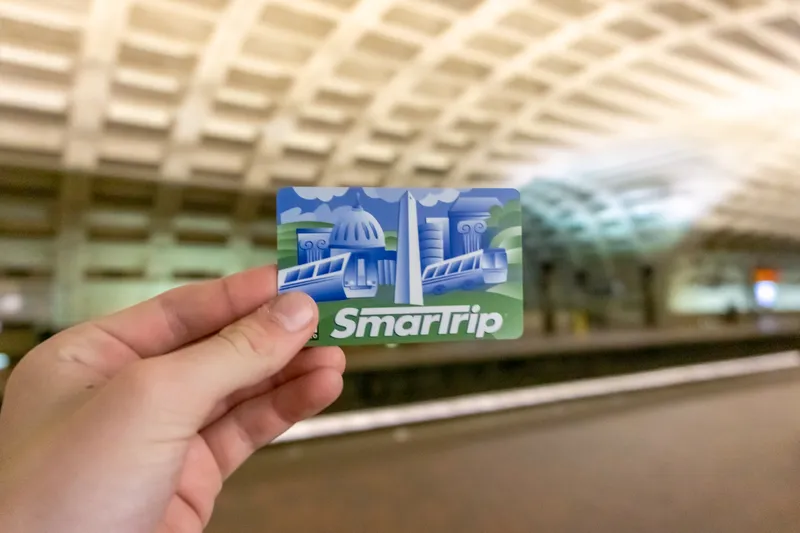US-headquartered digital signage specialist Transit Screen has partnered with local Business Development Agencies (BID) Business Improvement Districts in what is said to be Washington, DC’s, first real-time multimodal display of transportation information. The Transit Screen displays provide a live, real-time snapshot of all Metro, Capital BikeShare, Metrobus, Circulator, and ART bus transit arrivals at a given location.
May 31, 2013
Read time: 2 mins
US-headquartered digital signage specialist 7358 Transit Screen has partnered with local Business Development Agencies (BID) Business Improvement Districts in what is said to be Washington, DC’s, first real-time multimodal display of transportation information. The Transit Screen displays provide a live, real-time snapshot of all Metro, Capital BikeShare, Metrobus, Circulator, and ART bus transit arrivals at a given location.
Every 20-30 seconds, each screen receives the current arrival times for each transit agency at all stops within walking distance of its location. This real-time, reliable information is available through open data sharing from the Washington, DC transit agencies.
By bringing Transit Screen displays into the communities and business districts, the BIDs hope to bring customers, businesses and residents to the area by promoting the ease of local transportation.
Urban planners in cities and municipalities, such as Falls Church, Virginia, are adding Transit Screen to future transportation demand management plans. The idea is that builders and developers will play a major role in promoting transportation alternatives to decrease the need for single occupancy vehicles.
Every Transit Screen will have its own customised display that displays options in a logical, memorable, and predictable order. Customisations can also be made to include weather, airport delays,2171 Twitter integration, custom maps, and messaging among others.
“A city such as Washington, DC has a complex mix of subway, walking, bicycling, bike sharing, buses, car sharing, and taxi services. The challenge to us was how to make multimodal transit easier to use. Our Transit Screen displays provide real-time, location-specific transit information for all local transportation options. The traveller can instantly view the easiest, fastest or most convenient transportation option from that display’s location,” stated Matt Caywood, president of Transit Screen.
Every 20-30 seconds, each screen receives the current arrival times for each transit agency at all stops within walking distance of its location. This real-time, reliable information is available through open data sharing from the Washington, DC transit agencies.
By bringing Transit Screen displays into the communities and business districts, the BIDs hope to bring customers, businesses and residents to the area by promoting the ease of local transportation.
Urban planners in cities and municipalities, such as Falls Church, Virginia, are adding Transit Screen to future transportation demand management plans. The idea is that builders and developers will play a major role in promoting transportation alternatives to decrease the need for single occupancy vehicles.
Every Transit Screen will have its own customised display that displays options in a logical, memorable, and predictable order. Customisations can also be made to include weather, airport delays,
“A city such as Washington, DC has a complex mix of subway, walking, bicycling, bike sharing, buses, car sharing, and taxi services. The challenge to us was how to make multimodal transit easier to use. Our Transit Screen displays provide real-time, location-specific transit information for all local transportation options. The traveller can instantly view the easiest, fastest or most convenient transportation option from that display’s location,” stated Matt Caywood, president of Transit Screen.









